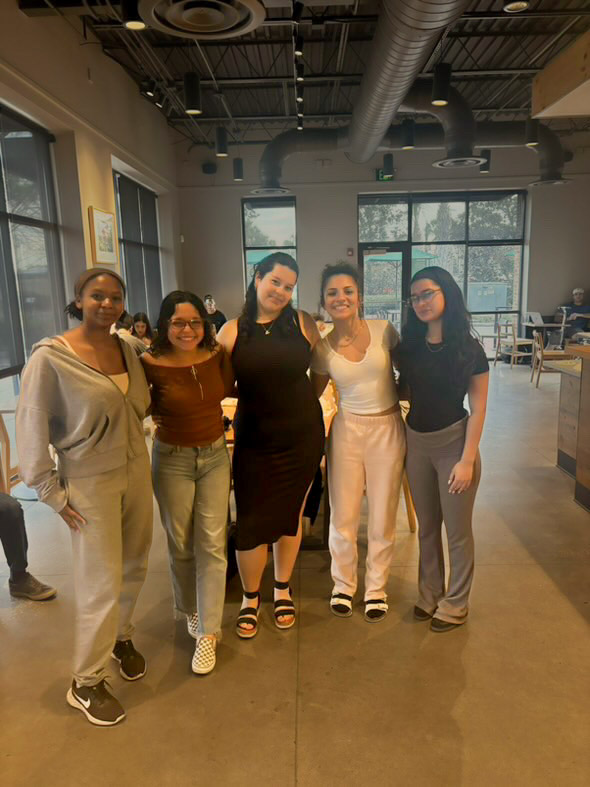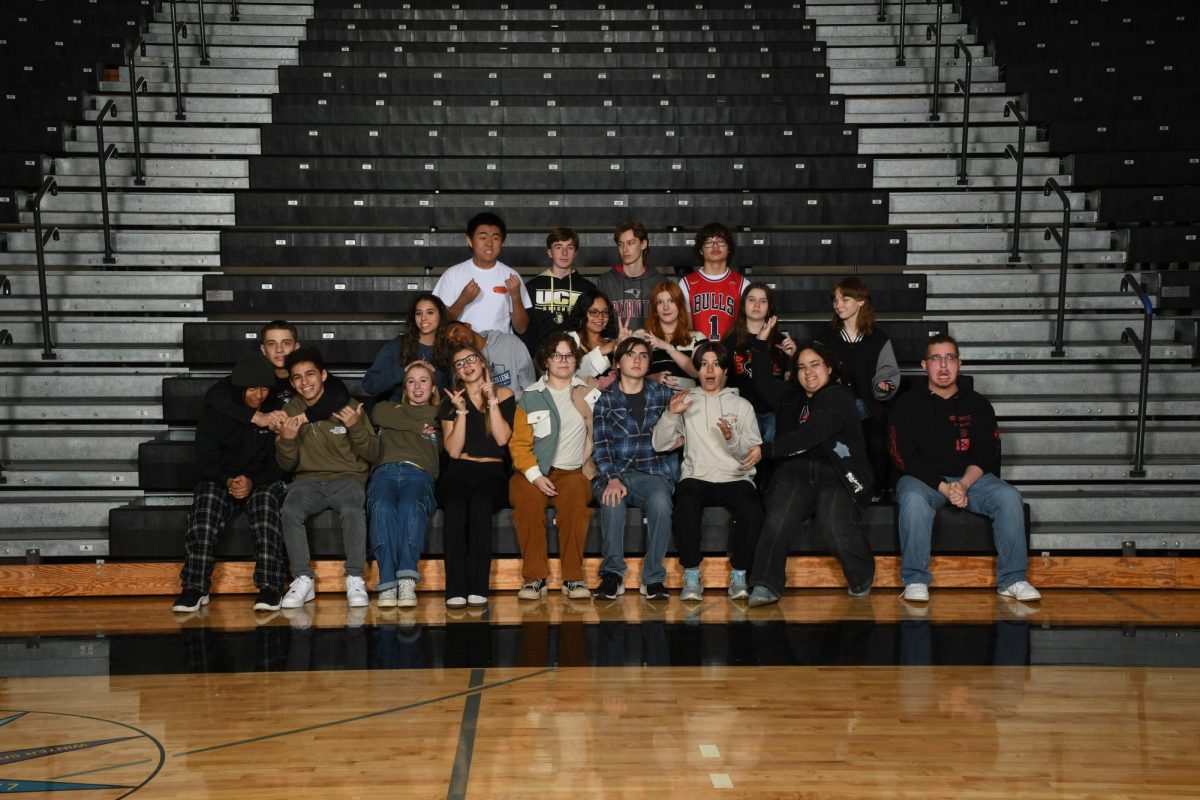‘OK, Boomer’ fuels generational debate on campus
This story was originally published in the fourth edition of The Lion’s Tale (February 7, 2020).
The rallying cry of Generation Z, “OK, Boomer,” has swept the nation with its sass and attitude, reflecting the discontent found across the country’s youth. The phrase has become a symbol of strength for the next generation in their fight to make their voices heard among the older members of our society. The phrase has quickly caused division as some view it as empowering, while others see it as rude, disrespectful and “ageist.”
Historically, each new generation has been given an identifying marker or name that coincides with the technological and societal advancement of their era. People born between 1944 and 1964 are considered Baby Boomers, while those both between 1965 and 1979 are considered Generation X. The Millenial generation, born between 1980 and 1994, have made news as they’ve begun to enter the workforce. Now, the media has begun to shift its focus to Generation Z, those young people born between 1995 and 2015.
Kathy Savage, a bioscience teacher who identifies as part of the “Boomer” generation, said she feels that the controversial phrase is being blown out of proportion. To her, people have always grumbled about the next generation. It was something she said her parents did as well, and she can relate to how the next generation is feeling.
“It is just a way for the younger generations to say ‘leave us alone,’” she said. “I did the same when I was little.”
Gen Z is unique because of the societal, environmental and political pressures they have to deal with. Savage said she feels that these pressures define your behaviors and attitudes as a generation.
The “OK, Boomer” phrase is the result of the generation’s unique perspective. According to Savage, it’s a way for young people to have their voices heard and to take back the narrative from older people who may not be listening.
“I think it is sort of a ‘we have listened to you long enough and now it’s our turn’ sort of comment,” she said.
To Savage, the “OK, Boomer,” mentality isn’t offensive; she said young people have the right to feel fed up with the actions of their predecessors. In fact, she said that Baby Boomers should reconsider how they’re responding to this criticism.
“We will not be around much longer,” she said. “We should have less say about the future than humans who will have to live in it.”
But, she said, that doesn’t mean Boomers can be ignored completely.
“They still have some things to offer,” she said.
Your donation will support the student journalists of Oviedo High School. Your contribution will allow us to purchase equipment and cover our annual website hosting and printing costs. Thank you!

![Prom king Colin Napier and queen Leah Hopkins dance the night away during the Golden Gala on April 26th. Prior to the prom, the Student Government must make many preparations over the course of months in order to ensure it goes off without a hitch. However, their work eventually pays off when it comes time for the dance. “We set up [the prom] the day before, and it’s horrible. We’re there for a very long time, and then we get our beauty sleep, and then we get ready for prom the next day,” Aubrie Sandifer said.](https://oviedojournalism.com/wp-content/uploads/2025/05/Oviedo-197-800x1200.jpg)






![Hopkins at Honor Grad with golf coach John McKernan. As Hopkins’ golf coach for the last two years he has seen Hopkins’ growth as a player and person along with their contributions to the team. “[Hopkins] has just been really helpful since I took [the golf team] over, just anything I wanted to do I ran by [Hopkins],” said McKernan.](https://oviedojournalism.com/wp-content/uploads/2025/05/B66A7760-800x1200.jpg)





























![Prom king Colin Napier and queen Leah Hopkins dance the night away during the Golden Gala on April 26th. Prior to the prom, the Student Government must make many preparations over the course of months in order to ensure it goes off without a hitch. However, their work eventually pays off when it comes time for the dance. “We set up [the prom] the day before, and it’s horrible. We’re there for a very long time, and then we get our beauty sleep, and then we get ready for prom the next day,” Aubrie Sandifer said.](https://oviedojournalism.com/wp-content/uploads/2025/05/Oviedo-197-400x600.jpg)
![Hopkins at Honor Grad with golf coach John McKernan. As Hopkins’ golf coach for the last two years he has seen Hopkins’ growth as a player and person along with their contributions to the team. “[Hopkins] has just been really helpful since I took [the golf team] over, just anything I wanted to do I ran by [Hopkins],” said McKernan.](https://oviedojournalism.com/wp-content/uploads/2025/05/B66A7760-400x600.jpg)




